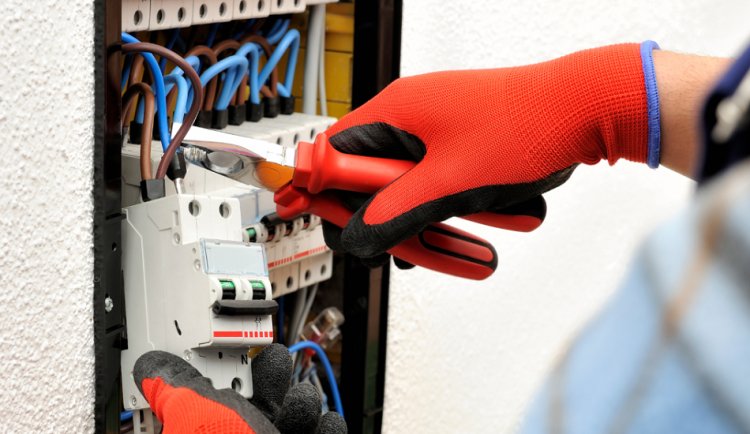Understanding the Role of an Electrical Contractor: Powering Modern Infrastructure
Behind this vital infrastructure are skilled professionals known as electrical contractors, whose expertise ensures the safe and efficient installation, maintenance, and repair of electrical systems.

In today’s technology-driven world, electricity powers nearly every aspect of our lives—from homes and offices to hospitals, schools, and industries. Behind this vital infrastructure are skilled professionals known as electrical contractors, whose expertise ensures the safe and efficient installation, maintenance, and repair of electrical systems.
What is an Electrical Contractor?
An electrical contractor is a licensed professional or company specializing in electrical construction work. This can include everything from wiring a new building and upgrading old systems to installing complex industrial equipment and renewable energy solutions like solar panels. Electrical contractors may work on residential, commercial, or industrial projects, and often collaborate with architects, builders, and engineers to bring projects to life.
Key Responsibilities
Electrical contractors are involved in a variety of tasks depending on the size and scope of the project. Their core responsibilities include:
-
Planning and Design: Reviewing blueprints, building codes, and client needs to design effective electrical systems.
-
Installation: Setting up wiring, circuit breakers, lighting, outlets, and other components according to safety standards and regulations.
-
Maintenance and Repair: Troubleshooting issues in existing systems and performing upgrades or replacements when necessary.
-
Project Management: Supervising teams, procuring materials, ensuring compliance with regulations, and staying on schedule and budget.
Types of Electrical Contractors
Electrical contractors typically fall into one of three categories:
-
Inside Electrical Contractors: Focus on electrical systems within buildings, such as wiring, lighting, and power outlets.
-
Outside or Line Contractors: Specialize in high-voltage power transmission and distribution, often working on utility poles and substations.
-
Integrated Building Systems (IBS) or Voice/Data/Video Contractors: Handle low-voltage systems including security systems, telecommunications, and climate controls.
Licensing and Training
Electrical contractors must undergo extensive training and certification. This often involves completing an apprenticeship (typically 4-5 years), followed by passing licensing exams. Continuing education is also essential, as they must stay updated on evolving technologies, safety codes, and best practices.
Importance of Hiring a Qualified Contractor
Working with electricity poses significant risks, and improper installations can lead to fire hazards, electrocution, or costly repairs. That’s why hiring a licensed and insured electrical contractor is crucial. A qualified contractor ensures that all work meets local and national safety codes, providing peace of mind and long-term reliability.
The Future of Electrical Contracting
As demand for smart homes, electric vehicles, and renewable energy grows, electrical contractors are adapting to new technologies. Many are now trained in installing electric vehicle (EV) charging stations, integrating solar panels, and implementing energy-efficient systems. This shift highlights the industry's evolution and its vital role in a sustainable future.
Conclusion
Electrical contractors are the unsung heroes behind the power that drives our daily lives. Their expertise keeps our environments safe, functional, and up to modern standards. Whether it’s wiring a home or managing a large-scale infrastructure project, their work is foundational to the way we live and work in the modern world.
What's Your Reaction?

















